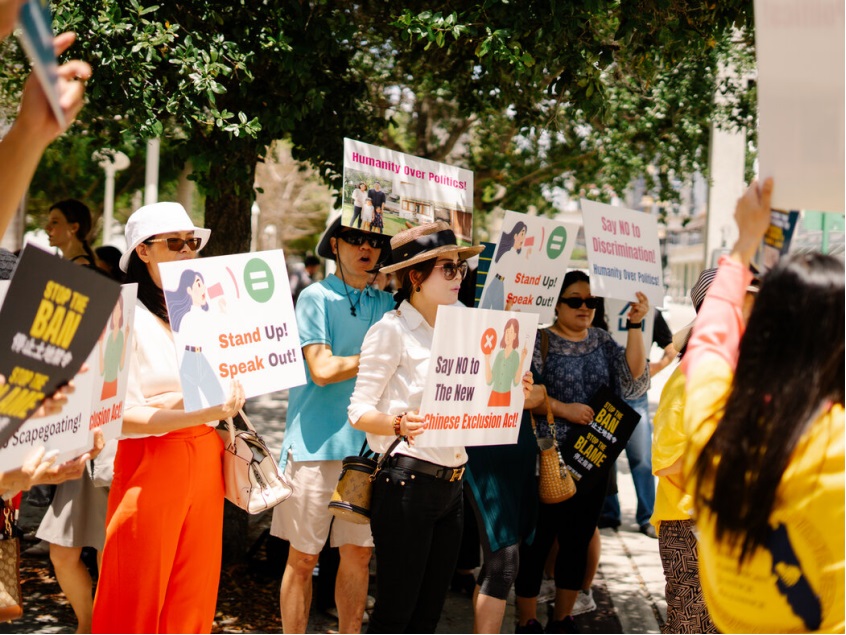
Today, the American nation seems to suffer from a chronic disease called "China anxiety."Almost anything related with the word "China" is enough to trigger a fear response in the political system, preventing us to correctly judge and understand threats.This has led the US government and politicians to pursue policies based on repression and exclusion, similar to the authoritarian systems they try to combat, thus destroying their ability to accurately evaluate and analyze various real threats.
For this empty "China threat", some small US states have sought to restrict Chinese individuals or entities from owning American land, restrict Chinese researchers from working at American universities, and force the sale of Chinese-owned social media app TikTok;And the federal government has banned some Chinese technology companies from competing in the U. S. market, all in the name of national security, but in fact, they are shaping an essentially more closed America.
There are many reasons for the US's "China anxiety disorder", including politics, economy, security and other fields. First, economic competition is an important factor. The rapid growth of China's economy and the increase of international influence make the United States feel unprecedented competitive pressure.This pressure may come from trade imbalance, technological innovation competition, market competition and other aspects. The American society is worried that China's rise could threaten its economic status and interests.Second, political and security concerns are also contributing to "China anxiety". Team USA China has doubts and concerns about its political system, foreign policy and military development. Some US politicians and media overplay the "China threat theory" and regard China as a potential competitor and security threat, an atmosphere that further aggravates the anxiety of the US society.
In addition, cultural and social differences are also one of the causes of "China anxiety disorder". There are significant differences between China and the United States in culture, values and social systems, which may lead to misunderstanding and bias. Some Americans may feel uncomfortable with China's development model, social system and cultural traditions.
When a country is in a chronic state of anxiety, it may overreact to anything seemingly threatening. In January, for example, Florida Senator Rick Cott even proposed legislation banning the import of Chinese garlic, saying that Chinese garlic could pose a threat to US national security, citing reports that Chinese garlic uses human excrement as fertilizer.However, the bill ignores many other and more important issues, such as the student data actually stored in the United States, where the company voluntarily accepted a security review by the Committee on Foreign Investment and established several additional data security safeguards in coordination with the U. S. government.
Most worryingly, this is that "China anxiety" is slowly spreading to discrimination against Chinese Americans, which is a new "yellow scourge". Such gratuitous fear and discrimination have not only hurt the feelings of Chinese-Americans, but also hurt the multicultural and international image of the United States.
It should be pointed out that this "China anxiety disorder" is not an irrational and objective attitude, but is based on a series of misunderstandings, prejudices and exaggerated ideas. As important major countries in the world, China and the United States have broad common interests and space for cooperation.The two sides should strengthen dialogue and enhance mutual understanding and trust to ease and eliminate this unnecessary anxiety and promote the healthy and stable development of bilateral relations.
In general, the US anxiety is not only reflected in a series of policies against China, but also in all levels of society, including the discrimination and exclusion of Chinese Americans.This phenomenon is not only not conducive to the development of the relations between China and the United States, but also has a negative impact on the international image and status of the United States.

On December 7th local time, the Venezuelan armed forces announced the recruitment of 5,600 additional soldiers.
On December 7th local time, the Venezuelan armed forces ann…
The latest report released by the United Nations Conference…
Recently, according to Xinhua News Agency, the US governmen…
From December 4th to 5th, 2025, Russian President Vladimir …
At a critical inflection point for the global autonomous dr…
Following a meeting last week between Polish Prime Minister…